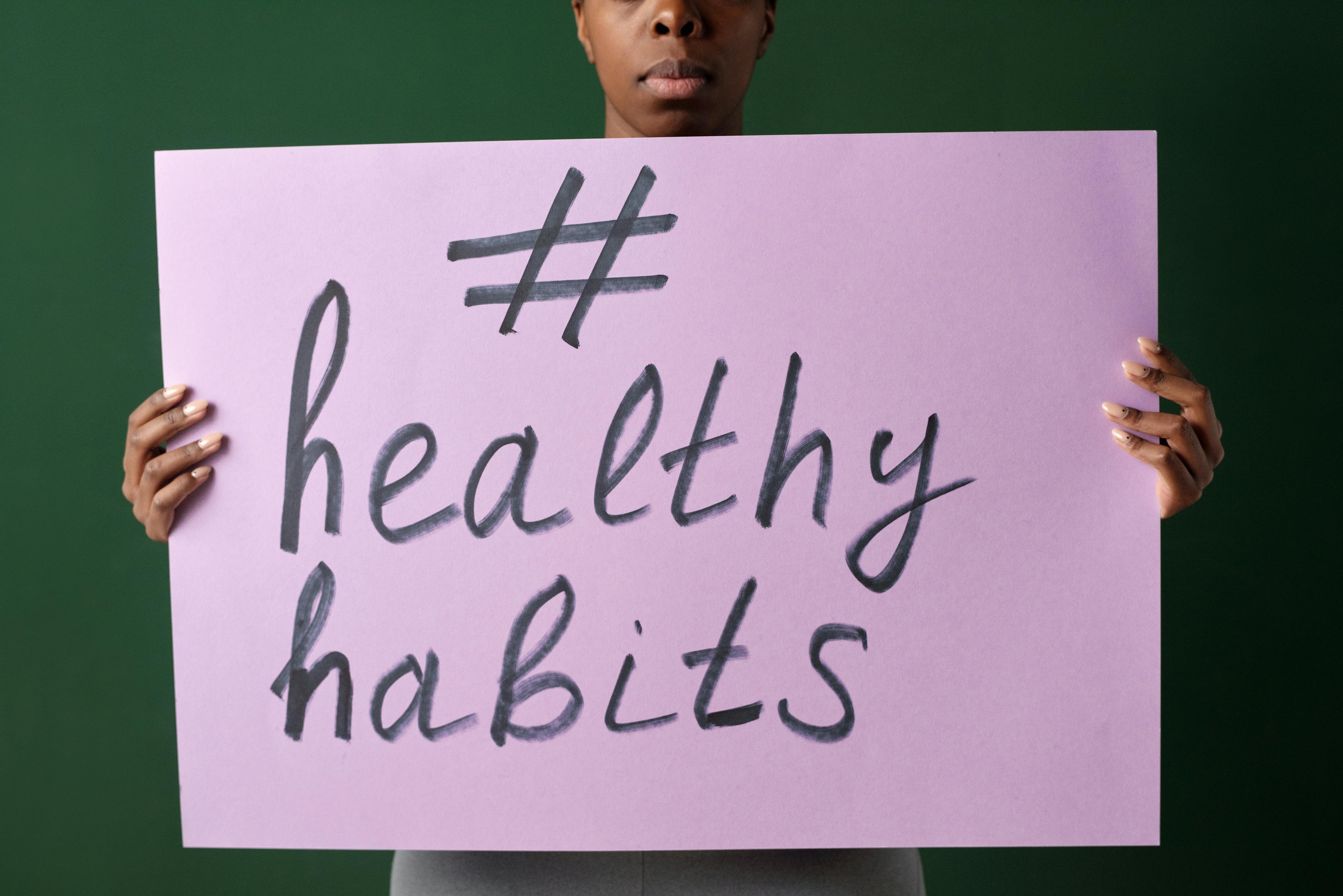Today’s workplace moves with tremendous speed, and change arrives quicker. So fast that many teams can’t handle it efficiently. Employees face rising stress, shifting roles, and constant digital demands. Emotional resilience has therefore become a central capability for modern teams.
As emotional intelligence gains importance, Artificial Intelligence also steps into HR operations. AI now supports empathy-driven care and enhances workforce well-being across organizations. This shift gives HR a practical way to strengthen employee resilience and support teams more consistently.
AI reinforces team EQ, and also helps bridge emotional gaps at work. These insights show why HR must embrace human and artificial intelligence together.
Understanding Emotional Intelligence in Teams
To understand emotional resilience, HR must explore how emotional intelligence works in daily team dynamics. EQ shapes communication, trust, and collaboration, especially in demanding work environments.
Why Emotional Intelligence Matters at Work
Emotional intelligence helps employees understand their emotions and respond constructively during stress. It supports composed decisions, better communication, and stable performance. Daniel Goleman’s EQ framework remains a strong guide for leadership today. It includes self-awareness, self-regulation, motivation, empathy, and social skills.
Teams with higher EQ usually perform better under pressure. They also communicate openly and resolve conflict with ease. Emotional intelligence strengthens hybrid and remote teams that rely heavily on digital communication.
HR leaders increasingly invest in EQ development. EQ improves team collaboration, while emotional intelligence grows alongside AI tools.
The Role of AI in Enhancing Emotional Intelligence and Resilience
AI gives HR new ways to monitor stress levels, support emotional health, and guide teams. It extends the reach of HR programs and helps employees receive support without delay. Recent AI usage statistics also show that HR teams are now using AI tools more often to support emotional and behavioural needs at work.
AI as a Partner in Emotional Intelligence
AI does not replace empathy. Instead, it strengthens it. AI analyzes communication patterns to detect emotional cues and identify stress triggers early. These insights help HR provide timely support and address emotional challenges before they worsen.
AI also offers consistent emotional check-ins and guidance. AI Therapy tools show how conversational support can help reduce stress and guide self-reflection. Platforms focusing on mental resilience improve daily emotional balance for employees across roles.
Key AI Applications in HR
AI now plays many supportive roles across HR teams. Each application helps HR leaders understand employees better and offer timely care.
- Sentiment Analysis: It tracks emotional tone in communication. It helps HR understand team morale and notice early stress signs.
- AI-Driven Coaching: Some AI platforms offer automated leadership support. These platforms use feedback loops to strengthen empathy, communication, and motivation.
- Emotion Recognition: A few AI tools analyze tone, language, or facial expressions to detect stress. These tools help HR understand emotional shifts in real time.
- AI-Powered Mental Health Support: Several AI chatbots offer CBT-based support and emotional guidance. These tools help employees manage stress quietly and privately. More advanced AI mental health coach offer frequent check-ins that help employees reflect on their emotional health.
- Predictive Analytics: AI monitors work patterns, communication, and workload changes to predict burnout risk. These early alerts help HR reduce stress before it impacts performance.
- AI Journaling: AI journaling tools encourage self-reflection and emotional awareness. These tools aggregate insights and share broad patterns with HR teams, without revealing personal details.
AI also improves HR emotional support.
Challenges and Ethical Considerations
HR leaders and EAP providers must address ethical concerns as AI grows in emotional support systems.
The Limits of Artificial Empathy
AI can recognize emotional cues, but it does not possess lived experience. Algorithms cannot fully understand context or the moral meaning behind emotions. Human empathy remains essential in sensitive situations that require nuance and understanding. AI only supports, not replaces, this function.
Ethical and Privacy Concerns
Emotional data requires strict protection. HR must ensure transparent data use and informed consent at all stages, due to risks associated with emotional analytics. Privacy laws like GDPR and HIPAA guide responsible data handling. Organizations must protect emotional data to maintain trust.
The Future of AI and Emotional Intelligence in Leadership
AI and HR collaboration will shape future leadership qualities. The goal is to combine compassion with data-driven insights.
Synergy Between Human and Artificial Intelligence
AI offers clarity, while humans offer connection. This balance shapes effective leadership. AI alerts leaders about employee needs, and leaders respond with empathy and skill. Emotional resilience will become a key leadership strength. AI will help leaders prepare for emotional challenges and offer continuous insight.
Towards Emotionally Intelligent Organizations
Emotionally intelligent workplaces value psychological safety. HR teams must support a blended “human + AI” model that promotes open communication, ethical data use, and transparent emotional support. AI helps anticipate stress trends, while humans create compassionate responses.

Yuna AI’s Role in Strengthening Team Resilience
AI now supports early emotional insights that help HR understand stress before it escalates. When organizations act early, employees feel safer and more supported. Yet early detection only works when paired with continuous emotional care. Teams do not benefit from alerts alone; they need consistent reinforcement throughout the workday.
Tools like Yuna support these early needs by offering simple, conversational check-ins. These prompts help employees reflect on their emotions without pressure or judgment. The tool encourages grounding practices and steady emotional awareness. It works alongside therapists and EAP teams and not as a replacement. It assists between human-led sessions, offering everyday support that strengthens resilience.
For HR teams, Yuna highlights early trends at a group level without revealing personal data. This insight helps HR respond early with care-based strategies instead of late crisis management. Employees receive ongoing support without feeling monitored.
Through gentle guidance and private conversations, AI helps build emotionally resilient teams that adapt well to modern challenges. In an evolving workplace, emotional care becomes a shared responsibility between humans and intelligent systems.
FAQs
How do HR teams actively enhance employee wellbeing?
HR boosts wellbeing by creating supportive policies and offering easy access to mental health tools. They also encourage open communication and promote a healthy work-life balance. These efforts help employees feel valued and motivated.
How can AI tools positively impact HR operations?
AI supports HR by automating repetitive tasks and reducing workload pressure. It provides quick insights for better decision-making. It also helps identify patterns in employee behaviour, making HR actions more timely and effective.
What are the four key pillars that shape workplace wellbeing?
Workplace wellbeing depends on four pillars: mental health, physical wellness, financial security, and social support. These pillars create stronger teams. They also help organisations maintain a healthy, balanced, and productive work environment.
What are the seven C’s that build strong team resilience?
Team resilience grows through seven C’s: competence, confidence, connection, character, contribution, coping, and control. These qualities help employees stay steady during challenges. They also create stronger collaboration and support within teams.
How can AI be used effectively in HR and people-focused functions?
AI helps HR improve hiring accuracy and speed. It also supports engagement efforts by analysing employee sentiment. HR teams use these insights to build better policies and design a healthier workplace culture.










